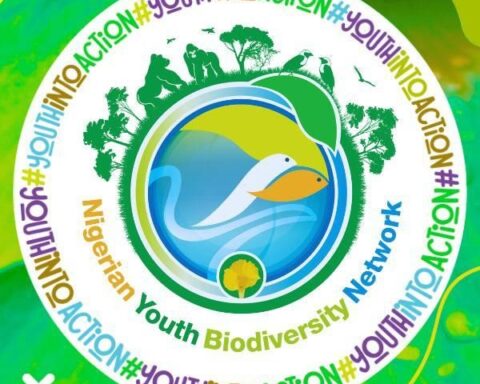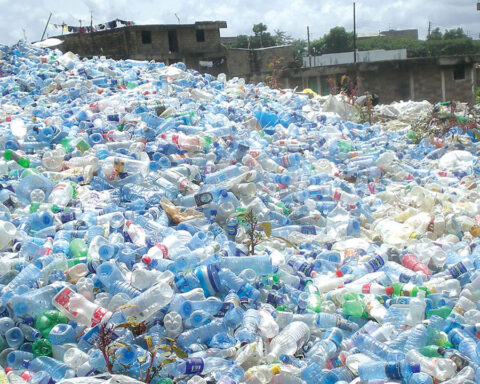Plastic pollution has become an escalating environmental and public health crisis in Nigeria, reflecting a broader challenge across the African continent.
As Africa’s most populous country, Nigeria’s rapid urbanization and consumer growth have led to a surge in plastic consumption.
However, this has not been matched by improvements in waste management infrastructure, resulting in widespread plastic pollution that endangers human health, ecosystems, and economic resilience.
In urban centers like Lagos, Ibadan, and Abuja, plastic waste ranging from sachet water bags to single-use shopping bags and food packaging litters streets, clogs gutters, and contaminates waterways.
Microplastics have been detected in rivers such as the Ogun and the Niger, threatening aquatic life and potentially entering the human food chain through fish and other water sources.
In agricultural communities in states like Kano and Benue, plastic waste is often dumped in open spaces or farmlands, where it breaks down into microplastics.
These particles seep into the soil, compromising soil fertility and crop yields.
Farmers have expressed concerns over the long-term implications for food security and public health, as plastic-contaminated crops may carry harmful chemicals into households.
The common practice of burning plastic waste in rural and peri-urban areas adds another layer of risk.
It releases toxic substances such as dioxins and furans into the atmosphere, contributing to respiratory diseases and compounding health problems in communities already grappling with limited healthcare access.
Cities like Port Harcourt and Onitsha, already known for air quality concerns, face worsened pollution due to this method of disposal.
Furthermore, plastics often contain hazardous additives such as phthalates and bisphenol A (BPA), which can leach into groundwater or be absorbed by plants.
These chemicals have been linked to endocrine disruption, developmental disorders in children, and elevated cancer risks.
The environmental consequences extend to wildlife as well. In northern Nigeria, cattle and goats have been found dead with plastic remnants in their digestive systems.
In coastal areas like Bayelsa and Lagos, marine animals ingest plastic debris, threatening biodiversity and fishing-based livelihoods.
Blocked drainage systems in cities like Lagos frequently lead to flooding during the rainy season, causing loss of property, disruption of transport, and breeding grounds for disease vectors such as mosquitoes.
These floods also contribute to the spread of waterborne diseases like cholera, particularly in densely populated informal settlements.
Efforts are being made to combat the issue. Nigeria has introduced various regulations, including the National Policy on Plastic Waste Management.
Lagos State, for example, has initiated campaigns to promote recycling and reduce the use of single-use plastics. Private-sector initiatives, like those by waste-to-wealth companies and community recycling hubs, are gaining momentum.
However, these efforts face several obstacles, such as weak enforcement mechanisms, limited public awareness, and the dominance of the informal waste sector, which lacks adequate tools and protective measures.
In conclusion, plastic pollution in Nigeria is a multi-faceted challenge that affects health, environment, and economic productivity.
Tackling it requires a multi-pronged strategy: strengthening waste management infrastructure, enforcing existing laws, promoting eco-friendly alternatives, and investing in public education.
With coordinated action from government, civil society, and the private sector, Nigeria can turn the tide against plastic pollution and pave the way for a cleaner, healthier future.
By Mohammed Lanre Soliu








